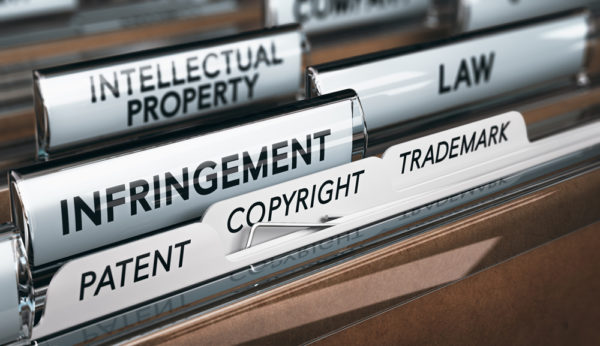Frequently Asked Questions
What is copyright?
Copyright is one of several intellectual property rights. It is given automatically to a creator of an original work to use and reproduce that work exclusively, which protects against others duplicating or using the work without their permission. In the UK, the Copyright, Designs and Patents Act 1988 covers copyright law, which replaced the Copyright Act of 1956.
The copyright owner may not always be clear-cut. For example, when a business’ employees create work, the copyright owner is (usually) the business and not the employee. However, if the company instructs a third party to create work on their behalf (e.g. a design), the third party may own the copyright unless they transfer the rights.
What’s the difference between copyright and trade marks?
Both trade marks and copyright are forms of intellectual property. However, they differ in scope and application.
A trade mark protects brand assets, such as names, logos and slogans. It is a registered right, meaning that you need to successfully submit an application with an Intellectual Property Office to protect your assets. Conversely, copyright protects creative works, such as a script, drawing, or piece of music. And, furthermore, it isn’t a registered right. Instead, it exists as soon as the work is created.
How long does copyright last?
Subject to some exceptions, copyright typically lasts for 70 years after the death of the author. This is much longer than some other IP rights, such as designs and patents, and it means that there is a significant amount of time to monetise your copyright work with, for example, a licence agreement.
What should I do if someone infringes my copyright?
If you believe another individual or company is infringing your copyright, you should collect evidence – screenshots and website links are a good start. Next, you should seek legal advice.
A legal professional will assess the details of the case and provide practical advice on the best course of action. The aim always should be to resolve the infringement in the quickest and most cost-effective manner. Most of the time, a resolution is found before court proceedings are necessary.
Who do you help?
Our copyright lawyers work with clients from a wide variety of sectors. For example:
- We have solved disputes over the copying of music between artists, managers and publishers
- We have aided book publishers with contracts and disputes
- We have drawn up publishing agreements and licenses for computer games
- We have aided artists with resale rights
- We have protected graphic designers from the copying of designs
- We have, on several occasions, addressed issues of employee copyright breaches where former employees seek to set up in competition
In short, it doesn’t matter if you’re an individual creator, start-up, SME or multinational company, our copyright solicitors have the experience and industry knowledge to guide you through all legal matters.



